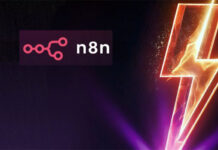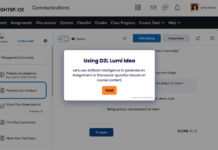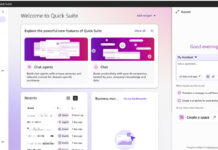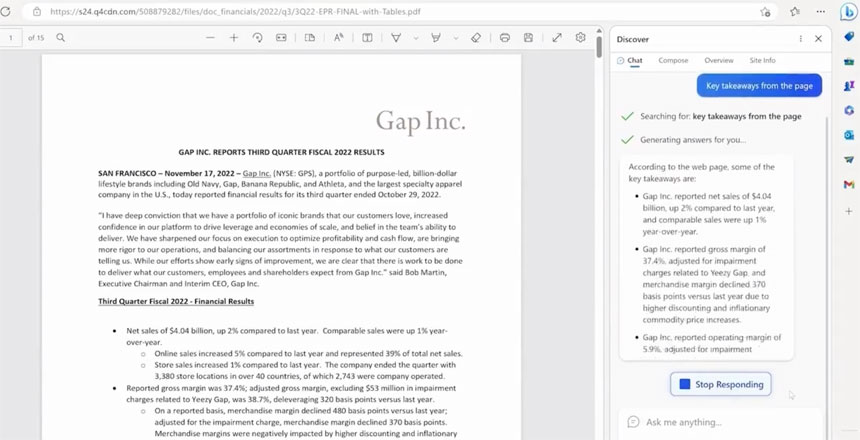IBL News | New York
Microsoft will demonstrate in March how new ChatGPT-like AI will transform its Office productivity apps — Word, PowerPoint, and Outlook, among others. This announcement comes after the software giant showed its Prometheus Model on its new Bing search engine earlier this week.
Over a 1 million people have signed up for the Bing waitlist in 48 hours, and Bing was the third most popular app in the App Store in the US as of Thursday.
This is the most impressive feature of the new bing.
The GPT browser can understand and summarize a 15-page PDF in seconds.
You can now ask for the the key takeaways of each page and chat about the content of the document. pic.twitter.com/OSa4GztdAA
— Lior⚡ (@AlphaSignalAI) February 10, 2023
Microsoft is already using OpenAI’s ChatGPT for its Viva Sales emails, as shown below. The company announced a new generative AI experience in Microsoft Viva Sales a week ago.
:format(webp)/cdn.vox-cdn.com/uploads/chorus_asset/file/24422832/lTEtt4F.jpeg)
It is expected that Outlook will include features for suggesting replies to emails and Word document integration to improve a users’ writing.
The new Bing AI sidebar in Microsoft Edge can already be used with web-based Office apps.
The sidebar includes a compose tab that gives an early preview of some of the work Microsoft has been testing for Word and Outlook.
Microsoft is also working on ways to generate graphs and graphics for PowerPoint. Bing can already generate tables and charts for basic data, but transforming those into visual graphics for presentations or even for use in Excel is a logical next step.
On the other hand, as Google battles to compete with ChatGPT, the manager in charge of Google’s search engine warned against the pitfalls of AI in chatbots.
“This kind of artificial intelligence we’re talking about right now can sometimes lead to something we call hallucination,” Prabhakar Raghavan, Senior Vice President at Google and Head of Google Search, told a German newspaper.
“This then expresses itself in such a way that a machine provides a convincing but completely made-up answer,” he added.
This week, Google’s parent company Alphabet Inc announced Bard, its own chatbot. This AI robot shared inaccurate information in a promotional video, costing the company $100 billion in market value on Wednesday, according to several analysts.
Alphabet, which is still conducting user testing on Bard, has not yet indicated when the app could go public.

 En Español
En Español











![OpenAI Released Apps that Work Inside ChatGPT and an SDK [Video]](https://iblnews.org/wp-content/uploads/2025/10/openaieventday-218x150.jpg)









